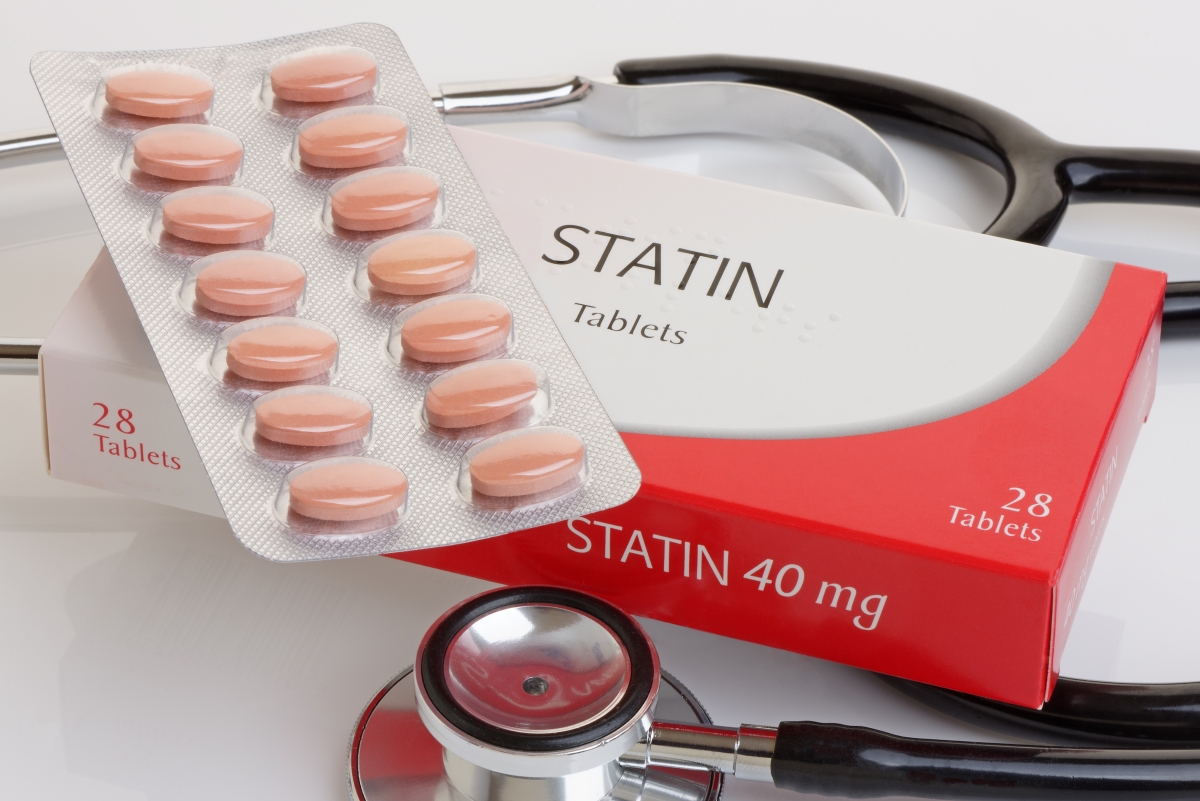
Increasing medication and ensuring people take their treatment properly could help prevent thousands of heart attacks and cardiovascular-related deaths, according to research.
The findings come from a study led by teams at the University of Leicester and Imperial College London.
They say that around 12,000 cardiovascular events – such as a heart attack or stroke – among high risk patients in the UK could be averted by giving them stronger statins and making sure they take them correctly.
Statins are normally prescribed to reduce cholesterol levels.
Co-lead author Professor Kamlesh Khunti, Professor of Primary Care Diabetes and Vascular Medicine at the University of Leicester, said: “We believe this is the first study of its kind to look at the combined effect of high-intensity statin treatment and adherence in people who have already had a cardiovascular event.”
Professor Khunti, who is also Director of the National Institute of Health Research (NIHR) CLAHRC East Midlands, added: “We discovered those who were given higher doses of treatment and took the medication as advised, lowered their chances of having a heart attack or stroke by 40 per cent. Those who took low treatment doses and were poor with taking their medication only had a risk reduction of five per cent.
“This novel concept of patient adherence and treatment intensity is likely to be applicable to other medications and therapies and could change how healthcare professionals approach future treatments.”
The team analysed patient data from the Clinical Practice Research Datalink (CPRD) which includes over five million records from more than 450 GP practices.
They focused on three groups of people at high-risk of cardiovascular events: those with established heart disease; those with diabetes but no history of heart disease; and those with chronic kidney disease but no prior heart attack and stroke.
The study has been published in the prestigious JAMA Network open journal.
Professor Kausik Ray, from the School of Public Health at Imperial College London and also a co-Lead author, said: “The basic message here is that long-term adherence achieves better long-term cholesterol reductions, and in turn, achieves better long-term outcomes for patients.
“In terms of risk reduction, we can see the people who do the best are those who are adhering to the recommended dosage and are on more potent drug regimens. But if someone is not going to take a treatment as recommended, they may actually be better off on higher doses of statins so that when they are taking the medication, they are achieving greater cholesterol reductions.”
Professor Ray added: “There is a lot of confusion around dietary cholesterol and medications that lower cholesterol. While changing your diet is a good thing, it may not be enough for those patients who are already in the high-risk groups – such as those with heart disease. Here, statins provide additional benefits over and above lifestyle.
“It doesn’t matter how patients get to this point – through obesity, smoking or genetic risk factors – what we know is that once you have one heart attack or other cardiovascular event, you are at much higher risk of more events in future and that lowering your low-density lipoprotein cholesterol levels is key to improving outcomes.
“For these patients, taking the right medication, at the right dose, at the right time – and sticking to this regimen – is critical in lowering their risk of future cardiovascular events.”
NIHR CLAHRC East Midlands is a partnership of the NHS, universities, patients and industry which sets out to improve patient outcomes by conducting research of local relevance and international quality.
Published on: 11 Dec 2018
